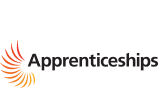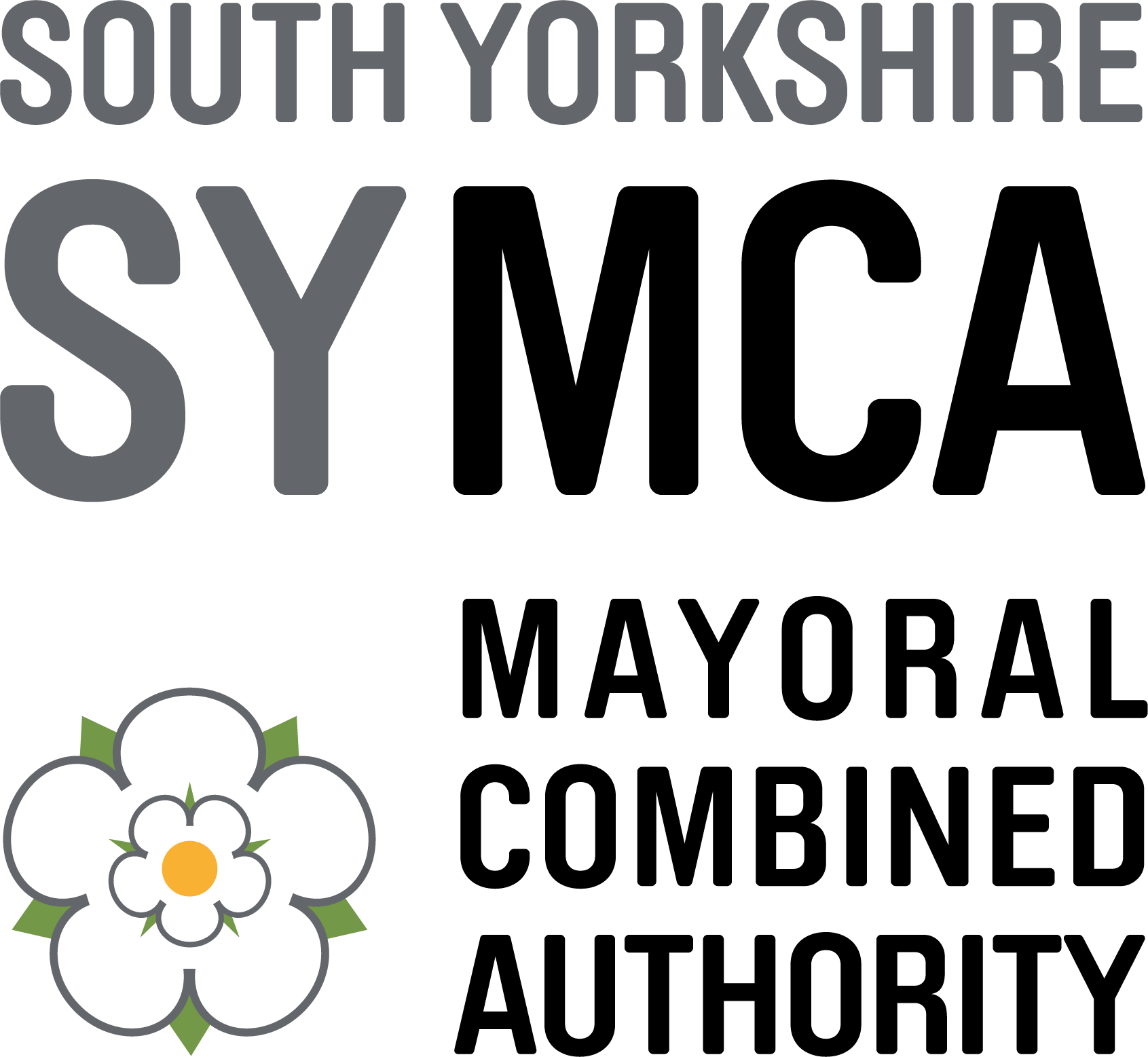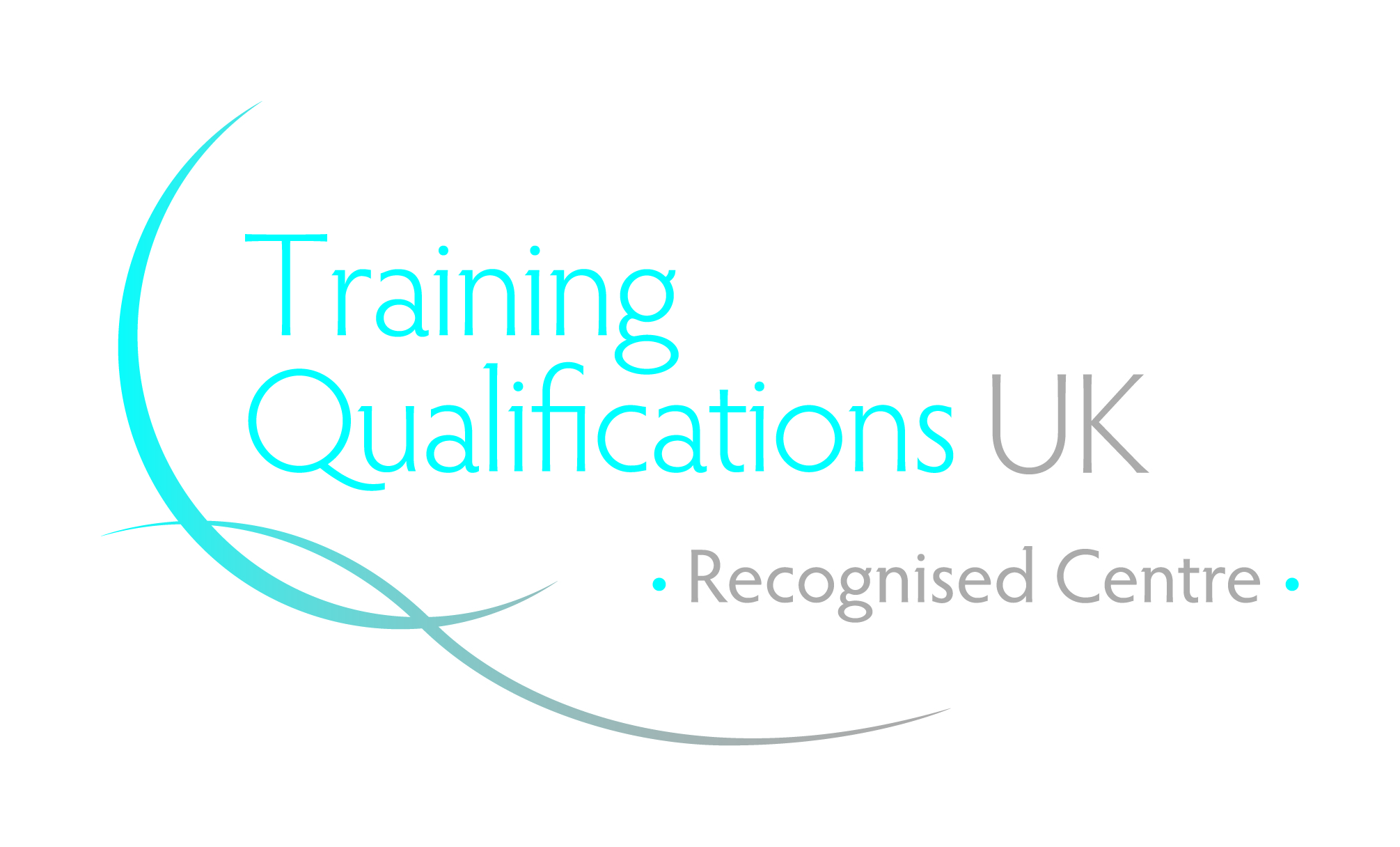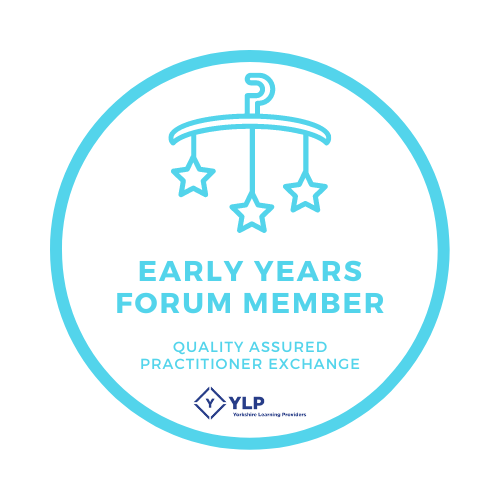Teaching Assistant Apprenticeship
Teaching Assistants work in Primary, Special and Secondary education across all age ranges encompassing special educational needs and emotional vulnerabilities.
The primary role of the Teaching Assistant is to support the class teacher to enhance pupils’ learning either in groups or individually, ensuring pupils understand the work set, know their learning objectives and stay on task in order to make progress.
You can start this apprenticeship at any time, please contact us for further information.
This apprenticeship will cover the following knowledge, skills and behaviours required to be a qualified Level 3 Teaching Assistant:
Knowledge
- Understand the need to provide feedback to support and facilitate an appropriate level of independence
- Comprehend appropriate levels of learning resources to identify and help address weakness, consolidate strengths and develop individualised expectations
- Recognise different stages of child development through school, eg: transition between key stages
- Recognise the importance of using appropriate technology to support learning.
- Understand the need to accurately observe, record and report on pupil’s participation, conceptual understanding and progress to improve practice and assessment for different groups of pupils
- Understand the school’s assessment procedures for benchmarking against targets set by the class teacher
- Be familiar with assessment materials
- An appropriate knowledge of the curriculum and context you are working in.
- Understand current statutory guidance including ‘Keeping Children Safe in Education’ Part 1, safeguarding policies, Prevent Strategy
- Understand the importance of sharing relevant information, in a timely manner with the designated Safeguarding lead. Understand the importance of first aid procedures, recording/reporting incidents and a broad knowledge of Health & Safety Policy.
Skills
- Develop strategies to support and encourage pupils to move towards independent learning
- Use appropriately varied vocabulary to ensure pupils’ understanding.
- Embed effective behaviour management strategies using discipline appropriately and fairly in line with the school’s policy
- Deliver interventions in accordance with training given (RAG rating)
- Foster and encourage positive, effective, nurturing and safe learning environments inspiring pupils to take pride in and learn from their individual achievements
- Recognise, adapt and respond to all pupils encompassing SEN/emotional vulnerabilities, for example, use Makaton, visual timetables
- Work closely with teachers to ensure own contribution aligns with the teaching.
- Ensure regular communication with teachers to provide clarity and consistency of role within lessons
- Deliver/lead small group teaching within clearly defined/planned parameters using initiative, sensitivity and understanding
- Build appropriate relationships with colleagues, pupils, parents, adults and stakeholders
- Comply with policy and procedures for sharing confidential information and know when and where to seek advice
- Implement current statutory guidance including ‘Keeping Children Safe in Education’ Part 1, safeguarding policies, Prevent Strategy
- Undertake safeguarding training every 3 years
- Support pupils’ well-being whilst embedding the importance of online safety
- Contribute to a range of assessment processes and use information effectively e.g. written records
- Use specific feedback to help pupils make progress
- Apply good subject knowledge to support accurate assessment
- Use school computer systems, including specialist software eg: online registration, intervention programmes and management information systems
- Use relevant technology competently and effectively to improve learning
- Ensure pupils use technology safely
- Use a range of strategies including scaffolding and open questioning skills to enable pupils to access and engage in learning
- Recognise the difference between pastoral and academic issues and model good behaviour for learning
Behaviours
- Flexibility, trust, professional conduct, confidentiality and being respectful
- Promote the school’s efforts to build positive behaviour for learning
- Promote and exemplify positive behaviour and uphold the school ethos
- Be enthusiastic and open to new ideas
- Praise; provide constructive and specific feedback and support pupils, helping them to achieve their maximum potential socially, emotionally and academically through peer marking and reflection
- Keep pupils at the centre of everything
- Promote community cohesion and cultural diversity encompassing a full understanding of the school’s ethos
- Demonstrate professional relationships in line with Staff Handbook
- Be diplomatic, a positive role model and maintain confidentiality
- Optimise learning opportunities and reflect on their personal development
- Demonstrate a willingness to learn and improve personal skillset
- Work collaboratively and constructively with the whole school team
- Engage professionally as appropriate with outside professionals
Your progress and development will be assessed at regular stages - this is likely to be a combination of assignments, activities, exams, reflective discussions, expert witness testimonies and observations in the workplace.
The employer and training provider will formally sign-off your readiness for the independent End Point Assessment (EPA) at 'gateway'. Gateway is the point at which you have met and can confidently apply the minimum knowledge, skills and behaviours required, as detailed within the apprenticeship standard.
Performance in the EPA will determine your overall apprenticeship grade i.e. pass or distinction.
This apprenticeship programme consists of 'on-the-job' and 'off-the-job' training. You will receive on-the-job training from your employer and will also be allowed 20% off-the job training, which will involve independent study.
Your independent study will be recorded in a reflective learning log, to capture evidence of your experiences, reflections and achievements.
A Skills Development Tutor will be allocated to you and will deliver learning and assessment sessions with you on a regular basis, liaising with your work-based mentor to monitor progress.
This will give you the opportunity to do real work, developing work-based skills that employers value and helping you to progress in your chosen career.
On successful completion, you will achieve the following:
- Level 3 Teaching Assistant Apprenticeship Standard
- Functional Skills Maths and English (if required)
You may wish to progress to a higher level of study, please speak to your Skills Development Tutor for information.
Ideally, you will hold a GCSE grade C/4 or above in maths and English or equivalent.
If you do not hold a Level 2 English and maths qualification you must achieve these prior to taking the End Point Assessment.
Functional Skills is no longer a mandated requirement for apprentices aged 19 or above. However, some programmes may have minimum entry level requirements for English and maths due to the nature of the programme.
There is no cost to the apprentice. Please get in touch for further information.










